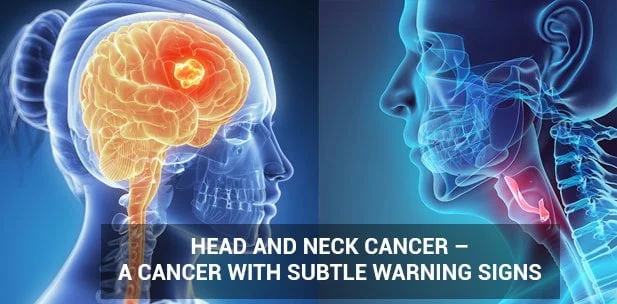Oral Cancer
Mouth cancer refers to cancer that develops in any of the parts that make up the mouth (oral cavity). Mouth cancer can occur on the :
Cancer that occurs on the inside of the mouth is sometimes called oral cancer or oral cavity cancer.
Mouth cancer is one of several types of cancers grouped in a category called head and neck cancers. Mouth cancer and other head and neck cancers are often treated similarly.
Symptoms
Signs and symptoms of mouth cancer may include :
When to see a doctor
Make an appointment with your doctor or dentist if you have any persistent signs and symptoms that bother you and last more than two weeks. Your doctor will likely investigate other more common causes for your signs and symptoms first, such as an infection.
Causes
Mouth cancers form when cells on the lips or in the mouth develop changes (mutations) in their DNA. A cell's DNA contains the instructions that tell a cell what to do. The mutations changes tell the cells to continue growing and dividing when healthy cells would die. The accumulating abnormal mouth cancer cells can form a tumor. With time they may spread inside the mouth and on to other areas of the head and neck or other parts of the body.
Mouth cancers most commonly begin in the flat, thin cells (squamous cells) that line your lips and the inside of your mouth. Most oral cancers are squamous cell carcinomas.
It's not clear what causes the mutations in squamous cells that lead to mouth cancer. But doctors have identified factors that may increase the risk of mouth cancer.
Risk factors
Factors that can increase your risk of mouth cancer include :
Prevention:
There's no proven way to prevent mouth cancer. However, you can reduce your risk of mouth cancer if you :
Diagnosis :
Tests and procedures used to diagnose mouth cancer include :
Determining the extent of the cancer :
Once mouth cancer is diagnosed, your doctor works to determine the extent (stage) of your cancer. Mouth cancer staging tests may include :
Treatment :

Treatment for mouth cancer depends on your cancer's location and stage, as well as your overall health and personal preferences. You may have just one type of treatment, or you may undergo a combination of cancer treatments. Treatment options include surgery, radiation and chemotherapy. Discuss your options with your doctor.
Surgery
Surgery for mouth cancer may include :
Radiation therapy :
Radiation therapy uses high-energy beams, such as X-rays and protons, to kill cancer cells. Radiation therapy is most often delivered from a machine outside of your body (external beam radiation), though it can also come from radioactive seeds and wires placed near your cancer (brachytherapy).
Radiation therapy is often used after surgery. But sometimes it might be used alone if you have an early-stage mouth cancer. In other situations, radiation therapy may be combined with chemotherapy. This combination increases the effectiveness of radiation therapy, but it also increases the side effects you may experience. In cases of advanced mouth cancer, radiation therapy may help relieve signs and symptoms caused by the cancer, such as pain.
The side effects of radiation therapy to your mouth may include dry mouth, tooth decay and damage to your jawbone.
Your doctor will recommend that you visit a dentist before beginning radiation therapy to be sure your teeth are as healthy as possible. Any unhealthy teeth may need treatment or removal. A dentist can also help you understand how best to care for your teeth during and after radiation therapy to reduce your risk of complications.
Chemotherapy :
Chemotherapy is a treatment that uses chemicals to kill cancer cells. Chemotherapy drugs can be given alone, in combination with other chemotherapy drugs or in combination with other cancer treatments. Chemotherapy may increase the effectiveness of radiation therapy, so the two are often combined.
The side effects of chemotherapy depend on which drugs you receive. Common side effects include nausea, vomiting and hair loss. Ask your doctor which side effects are likely for the chemotherapy drugs you'll receive.
Targeted drug therapy :
Targeted drugs treat mouth cancer by altering specific aspects of cancer cells that fuel their growth. Targeted drugs can be used alone or in combination with chemotherapy or radiation therapy.
Cetuximab (Erbitux) is one targeted therapy used to treat mouth cancer in certain situations. Cetuximab stops the action of a protein that's found in many types of healthy cells, but is more prevalent in certain types of cancer cells. Side effects include skin rash, itching, headache, diarrhea and infections.
Other targeted drugs might be an option if standard treatments aren't working.
Immunotherapy :
Immunotherapy uses your immune system to fight cancer. Your body's disease-fighting immune system may not attack your cancer because the cancer cells produce proteins that blind the immune system cells. Immunotherapy works by interfering with that process.
Immunotherapy treatments are generally reserved for people with advanced mouth cancer that's not responding to standard treatments.






